How Caffeine and Alcohol Intake Influence Anxiety
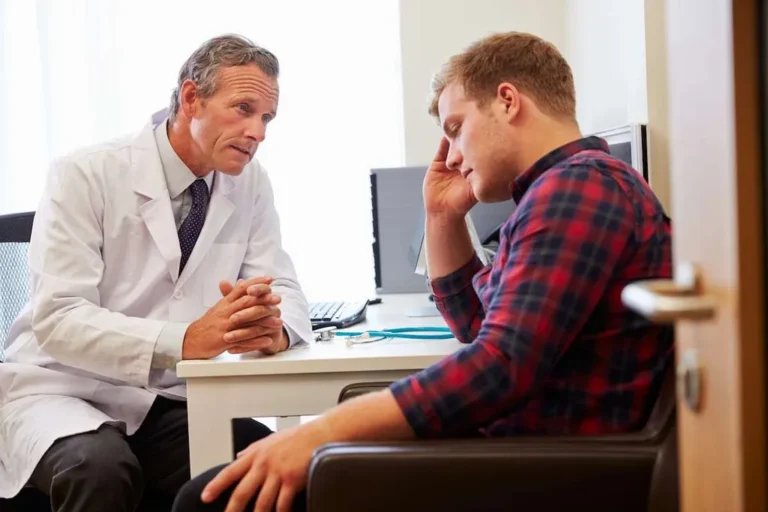
Insomnia from alcohol use is pretty common, and studies have shown that anywhere from 36% to 91% of those who are alcohol dependent will struggle with sleep disturbances or insomnia. This is all due to how alcohol impacts your sleep cycles, along with its other physical and mental health effects. While some people find that drinking alcohol helps them fall asleep more easily, alcohol ultimately has a negative impact on sleep.
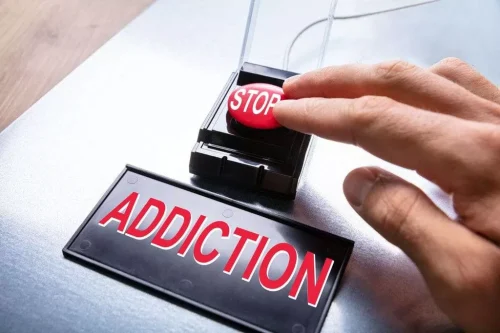
FAQs about alcohol and sleep
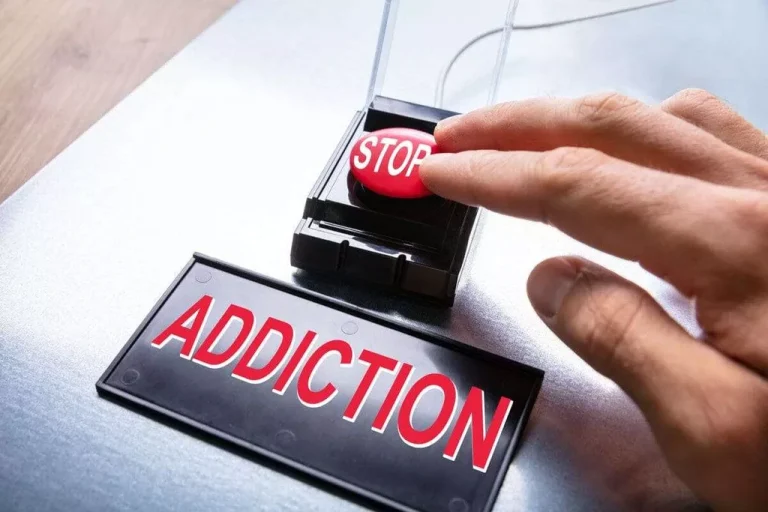
It is generally metabolized at a rate of 0.01 to 0.02 g% per hour (Arnedt et al., 2011b). Alcohol is one of the most commonly used psychoactive substances in the community. Alcohol also increases breathing-related sleep events such as snoring and oxygen desaturation, especially in those with pre-existing problems. Emerging data demonstrate that insomnia may co-exist with SSD and circadian abnormalities.
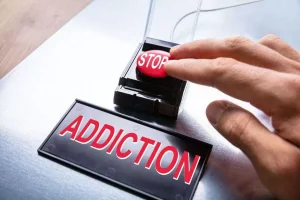
Management and Treatment: Naturopathic Medicine
- This can leave you feeling like you have insomnia after drinking alcohol—and it’s why having a nightcap before bed might not be such a good idea after all.
- Providers who advertise with us must be verified by our Research Team and we clearly mark their status as advertisers.
- This guide explores science-backed strategies to help you manage withdrawal symptoms, calm your nervous system, and get the rest you deserve.
- Alcohol changes the chemicals in your brain and can cause chaotic behavior in some cases.
In the study, participants who had non-alcoholic drinks reduced their what is alcoholism alcohol intake by an average of 320 grams over 12 weeks. This was much more than the 76 grams reduced by those who did not have these alternatives. A study found that these effects happen because caffeine helps release neurotransmitters, which improves your focus and mood.
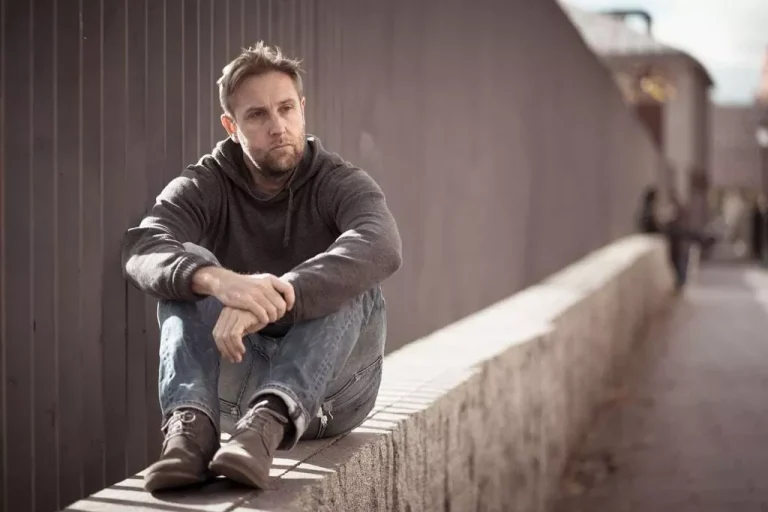
Why Intermittent Fasting Can Lead to Better Sleep
Understanding insomnia involves recognizing its multifaceted nature, identifying underlying causes, and acknowledging its profound impact on physical and mental health. Alcohol-dependent patients with insomnia are more likely to report using alcohol to improve sleep than those with out insomnia(41). If insomnia is a withdrawal symptom, then relief drinking seems a reasonable and reinforcing strategy, though counter productive.
Set and Stick to a Regular Sleep Schedule
But its effects can backfire as your body moves through its later sleep stages, does alcohol cause insomnia making you feel tired and sleep-deprived in the long run. Among those with AD, treatment-seeking subjects have been demonstrated to have a higher Periodic Limb Movement Index (PLMI) as compared to controls (Brower and Hall, 2001). A longitudinal study involving patients sober for 2–3 weeks after withdrawal, demonstrated higher baseline PLMI and PLMI with arousals versus healthy controls (Gann et al., 2002).
- Insomnia is a common problem and alcohol can help people fall asleep quicker.
- All this is to say that “just quitting” isn’t always easy, even when alcohol use harms your sleep and well-being.
- Because of this, doctors are advised to think about how much caffeine you drink when they give you medicine.
- A systematic review and meta-analysis found that meditation programs can lead to small to moderate reductions in anxiety and depression.
- The REM sleep architecture normalized over time with continued recovery (Imatoh et al., 1986).
As children grow older and approach adolescence, many of them may experience a shift towards eveningness, a phenomenon seen commonly in boys 11. Beyond the second decade of life, individuals tend to revert back towards morningness 12. The clinical https://ecosoberhouse.com/ significance of eveningness is that emerging evidence has linked it with an increased risk for psychopathology such as alcohol misuse 5.
- Caffeine competes with the same parts in your brain that these medications use.
- Most people’s sleep patterns gradually improve in the weeks following detox.
- Increased melatonin levels can help improve sleep onset and maintenance.
- During the first two weeks after detoxification, five days of carbamazapine was superior to lorazepam in improving sleep for patients with mild to moderate alcohol withdrawal (87).
- These drinks have high amounts of both caffeine and alcohol, which can make you consume too much of both.
Alcohol and Sleep: Different Parts of Sleep
Last November, Dang-Vu co-authored an open letter published in the Montreal Gazette, signed by over 50 sleep medicine researchers and clinicians from across the country. It called on policymakers to prioritize public reimbursement for CBT-I. Each session of CBT-I typically costs between $100 and $250, with most patients requiring six to eight sessions, says Dang-Vu.
